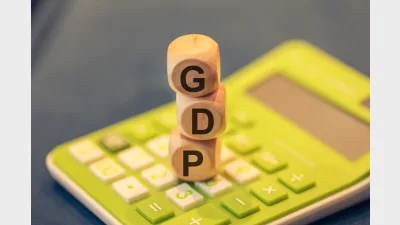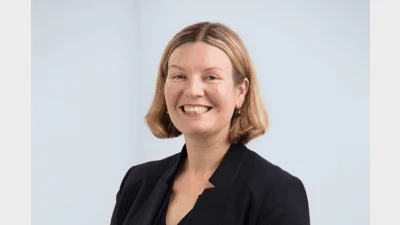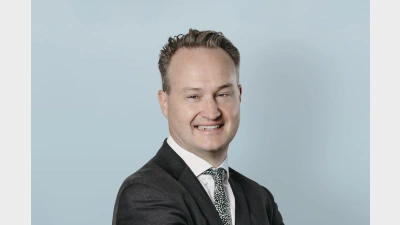Institutional investors expect GFC in 5 years


Institutional investors are expecting global financial crisis (GFC) in the next five years and believe the environment favours active management, according to the global survey conducted by Natixis Investment Managers on more than 500 institutional investors.
The study, which examined corporate pension funds, endowments and foundations, public or government pension funds, insurance firms and sovereign wealth funds, found that 83% of responding institutions, which included 19 in Australia, expected GFC within the next five years while nine in ten were concerned about record levels of public debt in 2020.
Investors also expected volatility, a continuation of the historically low-yield environment and foreign interference in elections in the coming months and, as a result of it, around three quarters of institutional investors said they favoured active management as the most effective strategy.
The report also found that more than 70% of individual investors had a false sense of security about passive investments and were unaware of their risks.
According to the survey, more than 64% of institutions also reported they would implement some form of the environmental, social, governance (ESG) in their portfolios.
On top of this, the inability to find yield from traditional assets has resulted in institutional investors turning to private markets as investors believed that private assets were better suited than traditional assets for two critical portfolio functions: delivering diversification (62%) and generating more attractive returns (61%).
The most common strategies were private equity with 79% of institutions investing in the asset class and private debt (76%).
Louise Watson, head of distribution, Natixis Investment Managers, said that a decade of low rates and economic growth with no real expectation of a change any time soon pushed investors towards alternative sources of yield.
“It’s not surprising that nearly seven in ten (68%) say private investment will play a more permanent role in portfolios, because traditional assets are not offering the return institutional investors need to reach their long-term goals,” she said.
“They are also concerned about an economic downturn, and alternative assets offer diversification and risk mitigation benefits
“Australian investors understand that uncertainty in global politics make all markets more volatile and that the current ‘lower for longer’ interest rate environment will make their hunt for yield challenging. While global growth is likely to remain slow, they are aware it will take time and are patiently waiting to see which trends will actually play out in the year ahead.”
Top 5 Portfolio Risk Concerns for 2020
|
Volatility |
53% |
|
Interest rates |
50% |
|
Credit crunch |
37% |
|
Liquidity |
35% |
|
Deflation |
20% |
Source: Natixis
Recommended for you
Economic growth was weaker than expected, once again highlighting an economy largely sustained by population growth and government spending.
In this latest edition, Anna Shelley, CIO at AMP, shares the fund’s approach to current market conditions and where it continues to uncover key opportunities.
The mega fund has announced a $2.2 billion investment in a leading data centre platform, bringing its global real assets portfolio to nearly $60 billion.
In this latest edition, Australian Retirement Trust’s head of global real assets Michael Weaver explains the fund’s approach to finding new opportunities as it surpasses $300 billion in funds under management.












